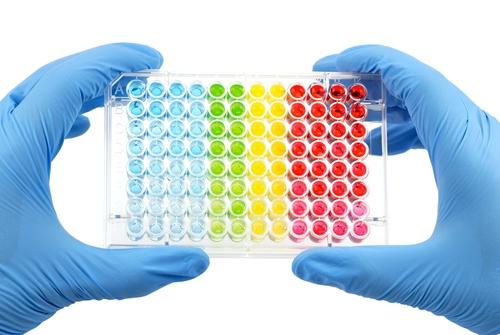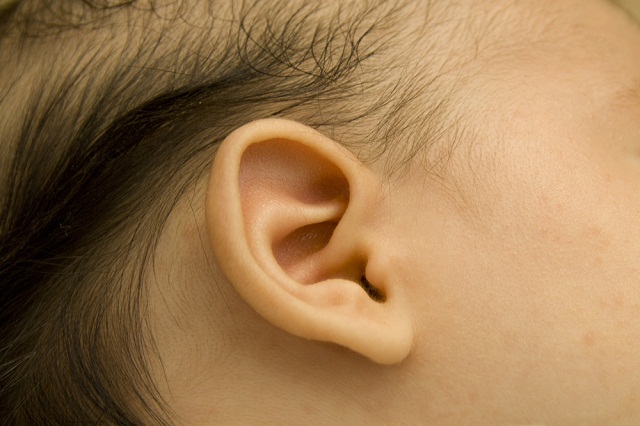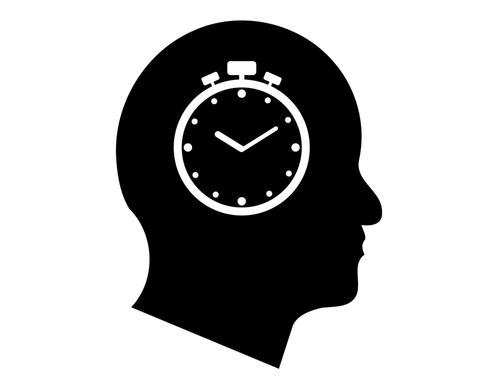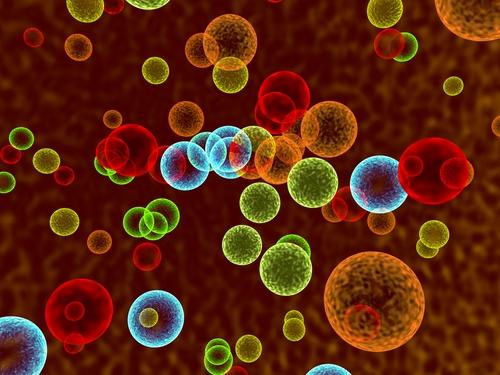Surprising Science
All Stories
Changing how we think of the brain may provide novel insights into how it actually works. By mapping larger patterns in brain biology, scientists could imitate the processes with machines.
Glen Pettigrove, a philosophy lecturer at the University of Auckland, argues that anger works on the ‘smoke detector principle,’ sounding more false alarms than true ones.
A new type of cell created from existing mouse and human embryonic stem cell lines are beginning to show promise in treating neurodegenerative diseases such as Alzheimer’s.
University of Washington scientists have successfully removed the extra copy of chromosome 21 from a culture of cells taken from a person with Down syndrome, opening possibilities for new treatments.
Ferran Adria, head chef of the El Bulli restaurant, surprised the culinary world by closing down his establishment at the height of its popularity. Now Adria is back with a new idea.
Colorado and Washington passed ballot on Tuesday legalizing the consumption and cultivation of marijuana, allowing researchers to better study its effects on public health.
A new business venture aims to simplify what it calls a bloated and confusing pharmaceutical industry by selling low-dose over-the-counter medicine packets for problems like headaches and insomnia.
New research suggests that learned traits, such as developing a nicotine addiction, can affect an individual’s sex cells, meaning the health effects are passed down through generations.
A new report from some of Britain’s leading institutions warns of the implications involved in a “superhuman” workplace where productivity enhancements are encouraged…or required.
If everyone’s aware of everyone else’s energy footprints, will that create social pressure to create lasting change?
A study published today describes how scientists were able to power a transmitter using the electrochemical potential found in a guinea pig’s cochlea.
The electric gearshift works by receiving signals from a smartphone app, allowing it to calculate the best gear to use in a given location.
Preliminary results from a study done at a UK primary school with two humanoid robots show that these children respond better to the robots than to adults or to other children.
Now that a second Obama presidency is assured, the agency expects to reveal its progress towards fulfilling the administration’s space travel mandate.
Technology created by PredictGaze uses a combination of gaze detection and gesture and facial recognition to enable completely touch-free control.
By isolating a group of neurons that influence how the brain experiences time, researchers think it possible that an individual’s sense of time could be tweaked by altering neural signals.
In the years ahead, new techniques which seek to restore the balance of healthy bacteria in the human gut could form the foundation of a fundamentally new kind of medicine.
The power to remain healthy despite life’s pressures lies within us, suggests new research out of Penn State. People who become upset today face health consequences in the future.
A FinderCodes kit contains “smart tags” that, when scanned, put the finder in touch with the owner.
For infants and the elderly, the use of standard medical tape can cause scarring and irritation to the skin. A team of researchers have created a safer version.
A California team is working on an app that will store an encrypted digitized copy of your genome. As expected, the technology comes with a host of privacy concerns.
The mineralogical makeup is consistent with that of volcanic soil similar to what’s found on the sides of Mauna Kea.
Approximately 20 bears are living on an iceberg off the Canadian coast, challenging assumptions about where the animals normally spend their summers.
Mark Ruffalo’s energy campaign offers a powerful model here – one that leverages cultural power, scientific knowledge, and bottom-line economic reasoning to address the kinds of complex, 21st century problems it takes collective intelligence to solve.
A new study funded by the National Institute of Aging at the National Institutes of Health has established that exercising just a little longer than usual can improve your outlook on life.
Losing just a couple nights’ sleep is enough to cause hormonal imbalances in the body. The result is that we feel more stress and less satiated by the quantity of food we eat.
While the presidential candidates have been quiet about their mental health agendas, President Obama is the clear choice for those concerned with mental health parity.
A new medical procedure which swaps some DNA contained in a woman’s egg with a third person’s could help eliminate certain genetic diseases, if the public finds the treatment ethical.
New research suggests that while moderate drinking does not poorly affect the brain in the moment, negative effects can build up over time and make it harder to learn new things.
New research from Oxford University concludes that the physical effect of laughing helps us enjoy a funny moment, just as physical exercise helps us feel better emotionally.





























